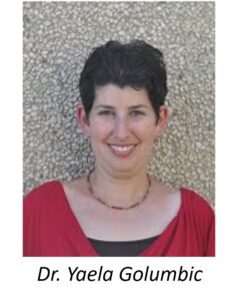 |
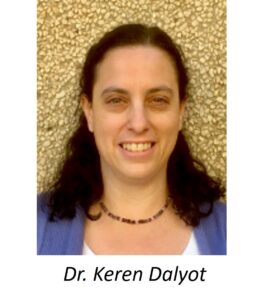 |
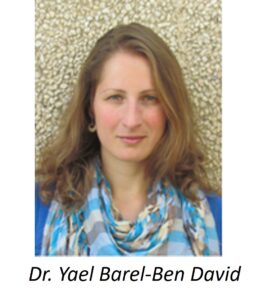 |
מזל טוב לד”ר חן גפני ולד”ר אולפת אבוליל זועבי שהגנו בהצלחה על התזות שלהן הבוקר בפקולטה לרפואה. זה היה שתוף פעולה מרתק בין קבוצת תקשורת המדע לבין המכון לגנטיקה במרכז הרפואי העמק
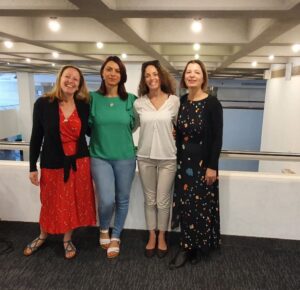
קול קורא לדוקטורנט או דוקטורנטית לפרויקט בינלאומי בקבוצת תקשורת המדע
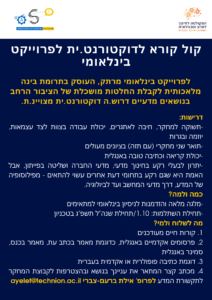
הכר את החוקרת
New Chapter
A new chapter by Ayelet Baram-Tsabari has been published :
“The relevancy of science education to public engagement with science”. In Korfiatis, C. and Grace, M. (Eds.) Current Research in Biology Education: Selected Papers from the ERIDOB Community. Springer.
,“Disinfo Talks” במסגרת סדרת הראיונות
פרופ’ איילת ברעם צברי התרייאנה וחלקה את התובנות שלה לגבי דיסאינפורמציה וכן לגבי תקשורת מדעית ותפקידה בסיוע יצירת דיאלוג עם קהילות מבודדות בישראל.
איך יודעים אם כתב עת מדעי הוא לגיטימי או טורפני
בעקבות פרסום באתר “הארץ” על זמן התגובה של בנות לדיבור בגוף שני רבים זכר ולתיקון שלו, פרופ’ אילת ברעם צברי מציעה מספר דרכים מהירות יחסית לברר אם כתב עת לגיטימי או טורפני
פיתוח כלים דיגיטליים בעברית ובערבית ליעוץ גנטי בתחומים של: ייעוץ גנטי טרום לידתי, ייעוץ גנטי לתכנון משפחה
בתאריך 26.01.2022 התקיימה הרצאת של אולפת אבוליל זועבי כחלק של הדרישות לקבלת התואר דוקטור לפילוסופיה, הפקולטה לרפואה, הטכניון, חיפה
בהנחייה של פרופ’-קליני סתוית שלו, הפקולטה לרפואה ע”ש רפפורט, ומנהלת המכון לגנטיקה, מרכז רפואי העמק, ופרופ’ אילת ברעם-צברי, הפקולטה לחינוך למדע וטכנולוגיה, הטכניון
מוזמנים ומוזמנות לקרוא את תקציר ההרצאה
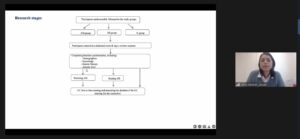
צילום מתוך הרצאתה של אולפת
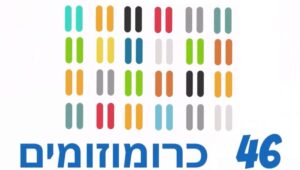 הדוקטורנטיות אולפת אבוליל-זועבי וחן גפני-אמסלם פיתחו כלים דיגיטליים לשיפור רמת הידע וקבלת החלטות מושכלות בתהליכי ייעוץ גנטי. בעקבות הצלחת הניסוי הראשוני יחל בקרוב פיילוט נרחב בשרותי בריאות כללית
הדוקטורנטיות אולפת אבוליל-זועבי וחן גפני-אמסלם פיתחו כלים דיגיטליים לשיפור רמת הידע וקבלת החלטות מושכלות בתהליכי ייעוץ גנטי. בעקבות הצלחת הניסוי הראשוני יחל בקרוב פיילוט נרחב בשרותי בריאות כללית